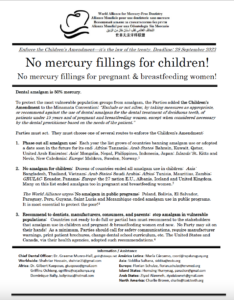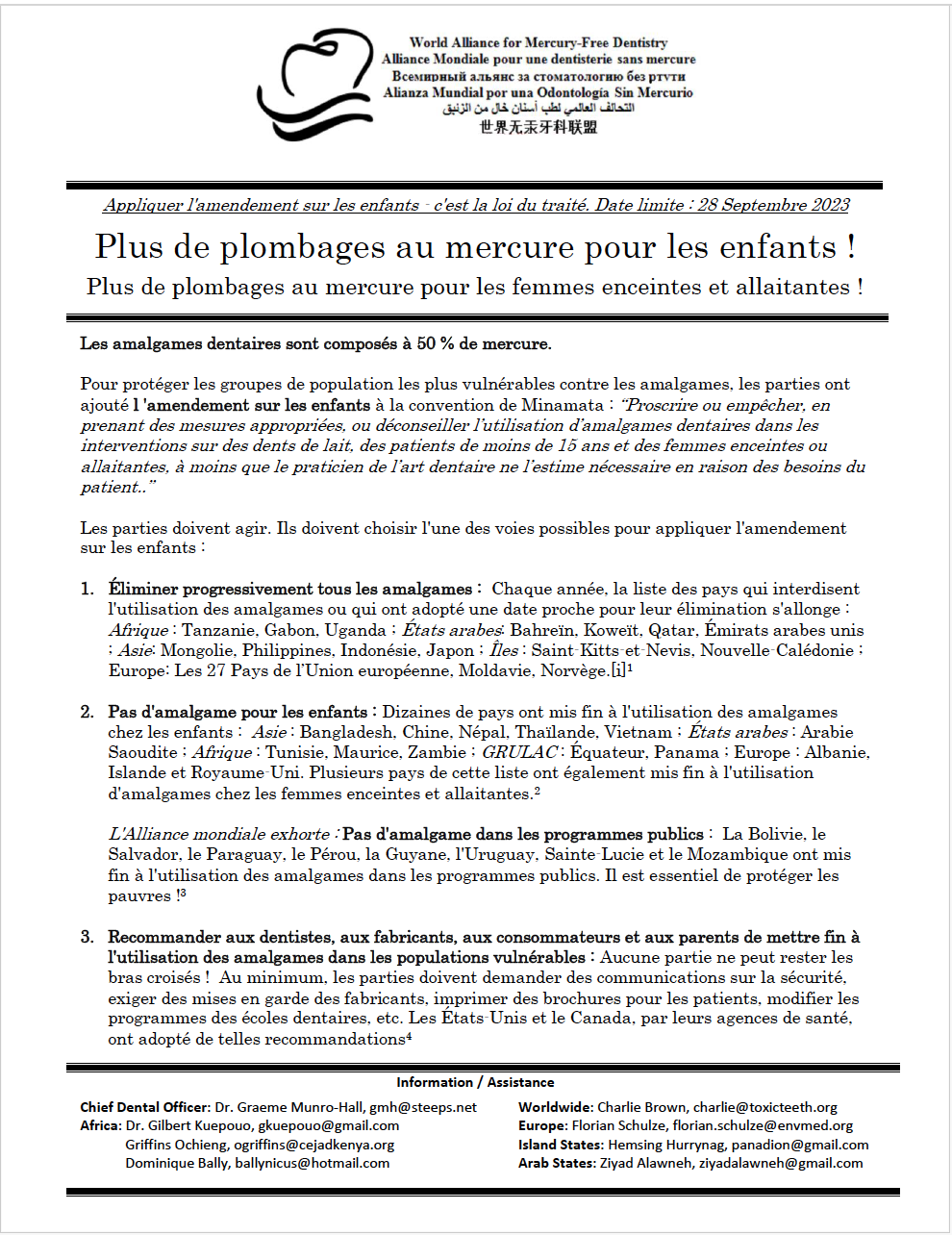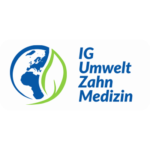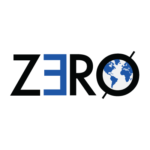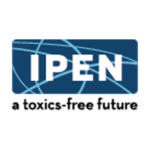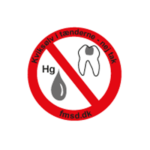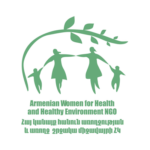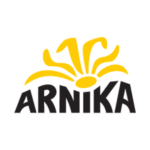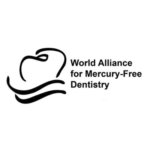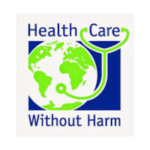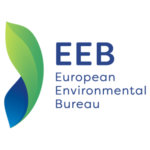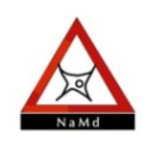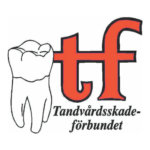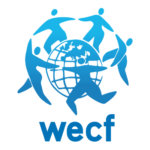Global Overview of Countries Phasing Out Dental Amalgam
According to the Minamata Conventions Full National Reports 2021, the Minamata Initial Assessments, or other official documents, the global transition to a mercury-free dentistry is fully underway.*
- 43 Countries ban the use of dental amalgam by law
- further 10 Countries withdrew dental amalgam from public programs, effectively phasing it out or banned the import and manufacturing.
- further 12 Countries declare that dental amalgam is no longer used
- further 12 Countries ban the use of dental amalgam for Children up to 15 years (2 for less), pregnant and breastfeeding Women
!Click on the Countries to see the relevant Regulation or Reporting!
Sweden, Norway, Moldova, Mongolia, 4 Arab states of the Persian Gulf (Kuwait, Bahrain, Qatar, United Arab Emirates), the Philippines, Panama, Indonesia, Gabon, Tanzania and Uganda ban dental amalgam without exceptions by law.
A general ban on the use without exceptions will further enter into force in Slovakia by 2030.
Switzerland, Liechtenstein and the European Union have banned dental amalgam with few limited exceptions (in the Czech Republic and Slovenia the phase out will enter into force by 1 July 2026).
The EU also banned the export of dental amalgam and by 30 June 2026, the production and import of dental amalgam will be phased out as well. It will then only be possible to import and manufacture dental amalgam for exceptional medical cases. The European Commission is to examine by 31 December 2029 whether these exemptions can be withdrawn.
Japan, Bolivia, El Salvador, Paraguay, Peru, Guyana, Saint Lucia, Uruguay and Mozambique have withdrawn dental amalgam from public programs, effectively phasing it out.
Colombia banned the import and manufacturing of dental amalgam in July 2023.
Russia, Armenia, Azerbaijan, Georgia, Kazakhstan, Ecuador, Saint Kitts and Nevis, Kiribati, Cook Islands, Tuvalu, the Maldives and Zambia declared that dental amalgam is no longer used.
In 2018, the European Union banned the use of dental amalgam for dental treatments of deciduous teeth, of children under 15 years and of pregnant and breastfeeding women.
This example was followed by Albania, Montenegro, Iceland, Israel, UK, Bangladesh, Nepal, Vietnam, China, Saudi Arabia, Tunisia and Tanzania. Thailand banned the use of dental amalgam for children up to 6 years and Mauritius for young children.
And, by 28 September 2023 all Parties to the Minamata Convention should have taken measures to protect children from the use of dental amalgam.
Parties shall:
"Exclude or not allow, by taking measures as appropriate, or recommend against the use of dental amalgam for the dental treatment of deciduous teeth, of patients under 15 years and of pregnant and breastfeeding women, except when considered necessary by the dental practitioner based on the needs of the patient."
In addition, by 31 December 2025,
Parties that have not yet phased out dental amalgam shall:
"Submit to the secretariat a national action plan or a report based on available information with respect to progress they have made or are making to phase down or phase out dental amalgam every four years as part of national reporting." (The next full national report is due by 31 December 2025)
The World Alliance for Mercury-free Dentistry is calling on parties to take action, to protect the most vulnerable population and to set up a national plan to generally phase out dental amalgam:
*References:
👉 First full national reports of the Minamata Convention on Mercury due by 31 December 2021
👉 Minamata Convention Initial Assessments (MIAs)
👉 Dental Amalgam: Information on the implementation of any additional measures taken by Parties
👉 Report of the Informal Global WHO consultation with policymakers in dental public health, 2021. Monitoring country progress in phasing down the use of dental amalgam.
👉 UNEP-MC-COP.5-Dec.4_Amendments-Annex-A_English.pdf


